A few weeks ago I took my car on the ferry for the first time.

The kind of ship where they pack in the cars like sardines in a tin and where you better get your parking right or there could be a serious accident.
As a relatively new driver I wasn’t much looking forward to it.
However, as often happens in these new situations, things worked out just fine. And at least part of that was down to an unexpected benefit; I own a small car.
As it turns out, having a small car actually made the “parking” quite a bit easier because my car is so nippy, so manoeuvrable and has such a small turning circle.
I successfully got my little “Wolowitz” (as he’s known) into the designated space without breaking a sweat.
Additionally, and even more interestingly, the ferry operator actually charges less to carry small cars than you do for larger vehicles – even “standard” family-sized cars.
Easier parking and an opportunity to save money? I like it.
Of course there are other benefits of small cars too; they’re often cheaper to insure too and are generally more fuel efficient too. So at least in terms of cars then, smaller vehicles have financial (and arguably practical) benefits.
However it wasn’t long before this experience got me thinking about other areas of our lives where “small” can be of financial benefit.
How about small houses?

In other words if you can cope with a smaller home, it makes financial sense to select one, rather than the “look-at-me” McMansion your friend is currently struggling to pay for.
More interestingly, having smaller wants can also save you a ton of money.
Being contented with what you’ve got and living a more minimalist life can free you up from the desire to shop.
It can remove the “want” to buy new items, to show them off to your friends and then, invariably, the need to repair or replace them on a regular basis.
Minimalism as a whole can be a seriously effective money-saving strategy.
It’s fair to say then that based on these examples, a good rule of thumb can be to consider the “smaller” option whenever you’re making a decision.
Now, it won’t always be right; buying food in bulk for example can work out far cheaper than buying smaller pack sizes.
But it’s human nature to always want “the biggest and the best”.
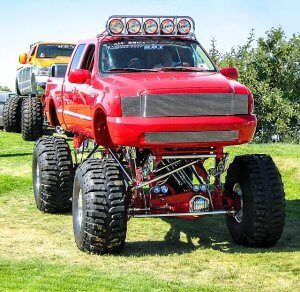
Most people choose to buy the biggest house they can possibly afford.
And a lot of people still opt for giant vehicles that are totally out of kilter with their own needs.
Most companies strive to grow and expand each year. There’s no standing still; they’re either moving forward or falling behind.
Even whole countries like to try and grow (both in terms of GDP and sometimes even their own borders; the cause of numerous wars over the years).
The point is this…
“Small” may not always be the solution to your problem, but as humans it’s nature to look primarily at the other end of the scale – the biggest and best.
If you want to manage your money, live within your means and save for the future, you’d be very well advised to at least consider the “small” option from time to time; you might be surprised by how much money you could save and how much more contented you could be with life.


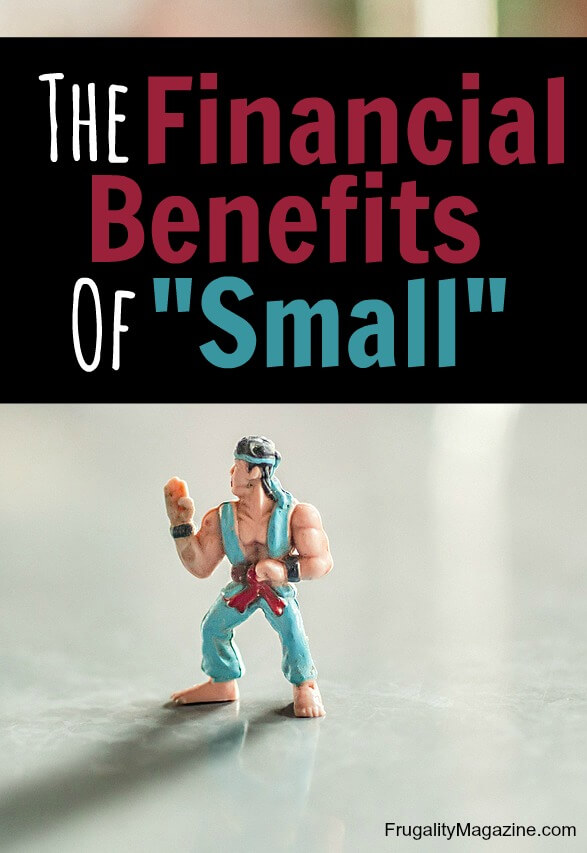
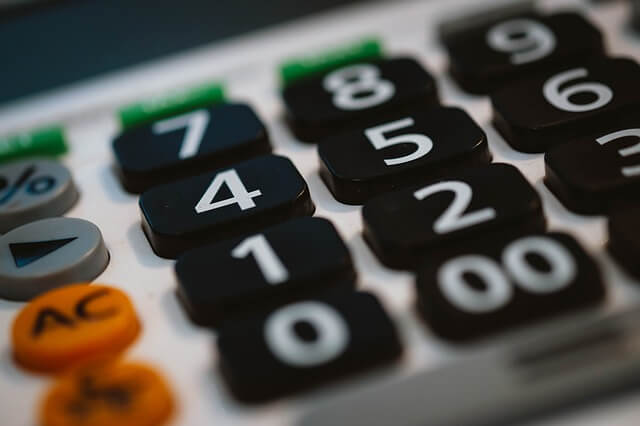

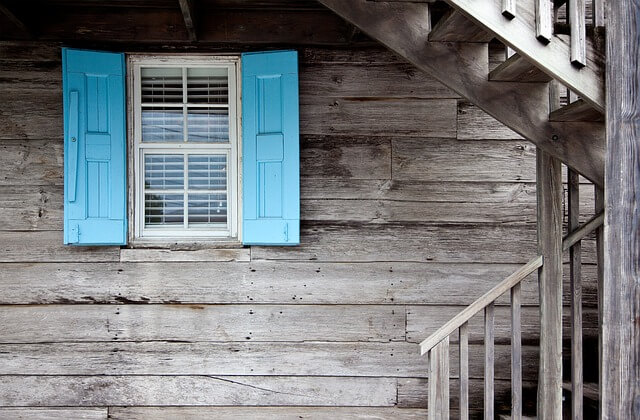
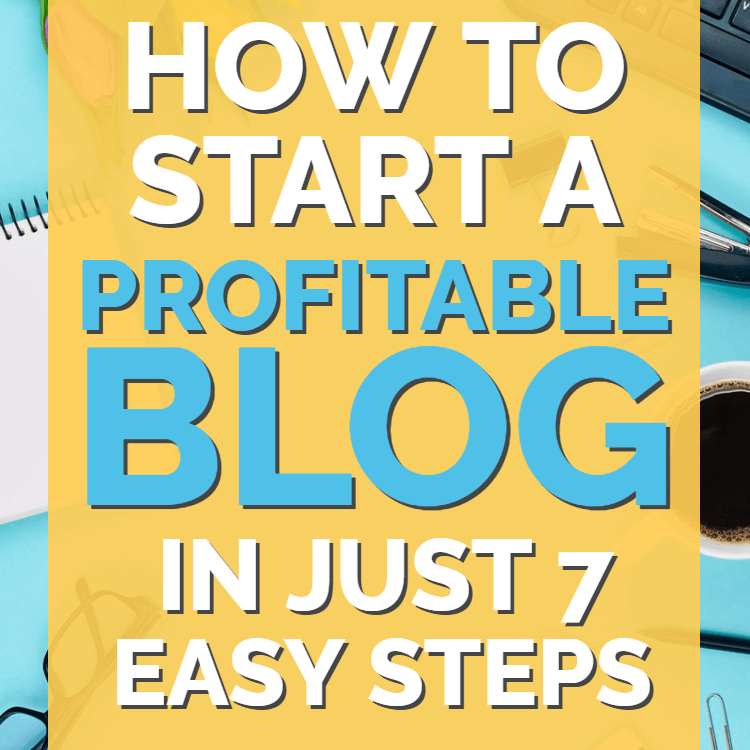


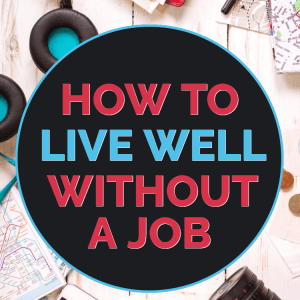
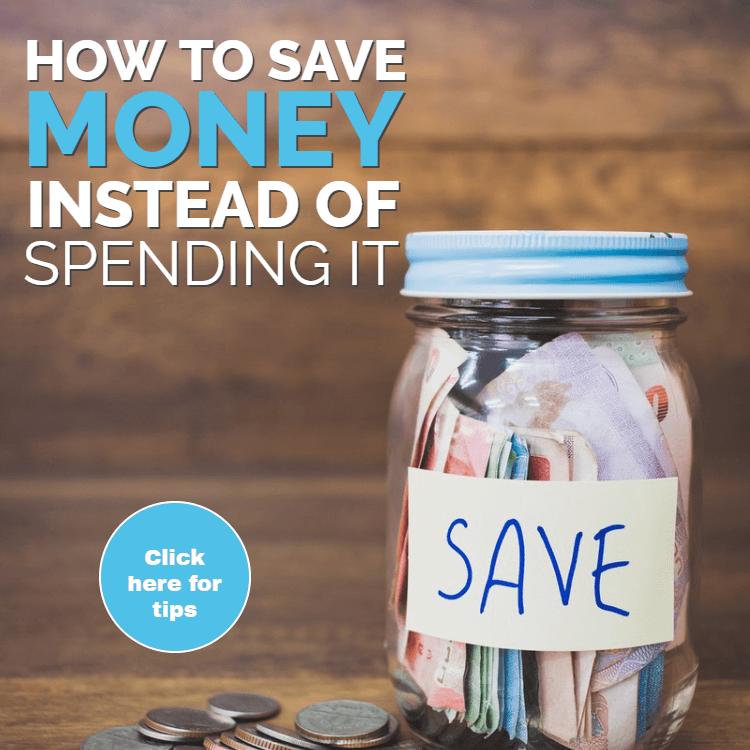
Add comment